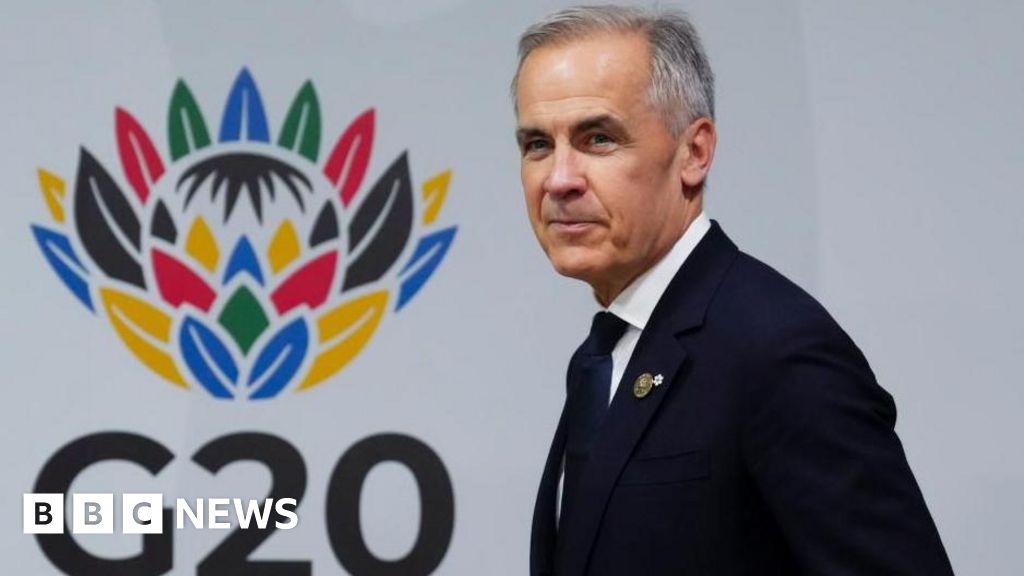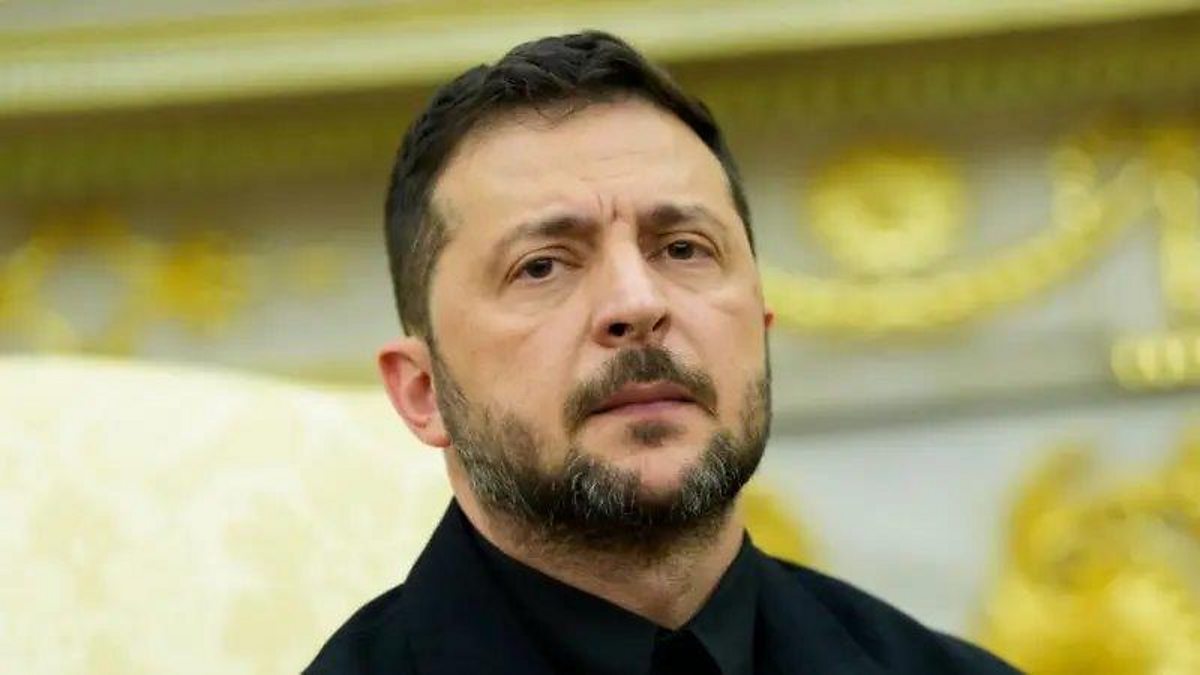European leaders are grappling with how to influence the direction of peace negotiations over Ukraine as President Trump pushes for a swift end to the conflict, often without consulting them. Over the weekend, leaders from Britain, France, and Germany publicly embraced Trump's peace plan, despite its pro-Russia elements, as a diplomatic tactic to keep negotiations open and steer the process toward their own interests. Behind the scenes, they worked to amend provisions they found unacceptable, such as territorial concessions to Russia and restrictions on Ukraine's military and alliances.
This approach reflects a broader European strategy of engaging with Trump rather than confronting him directly, aiming to delay decisions and gradually shape outcomes more favorable to Europe and Ukraine. Despite these efforts, there is skepticism about whether Europe can truly assert its influence, given its reliance on the United States for security and the persistent risk of being sidelined in major decisions. The situation underscores Europe's ongoing struggle to maintain relevance in transatlantic affairs as Washington continues to set the agenda.

 image sourced from original article at
image sourced from original article at 


